Papa Sese 1, 2021
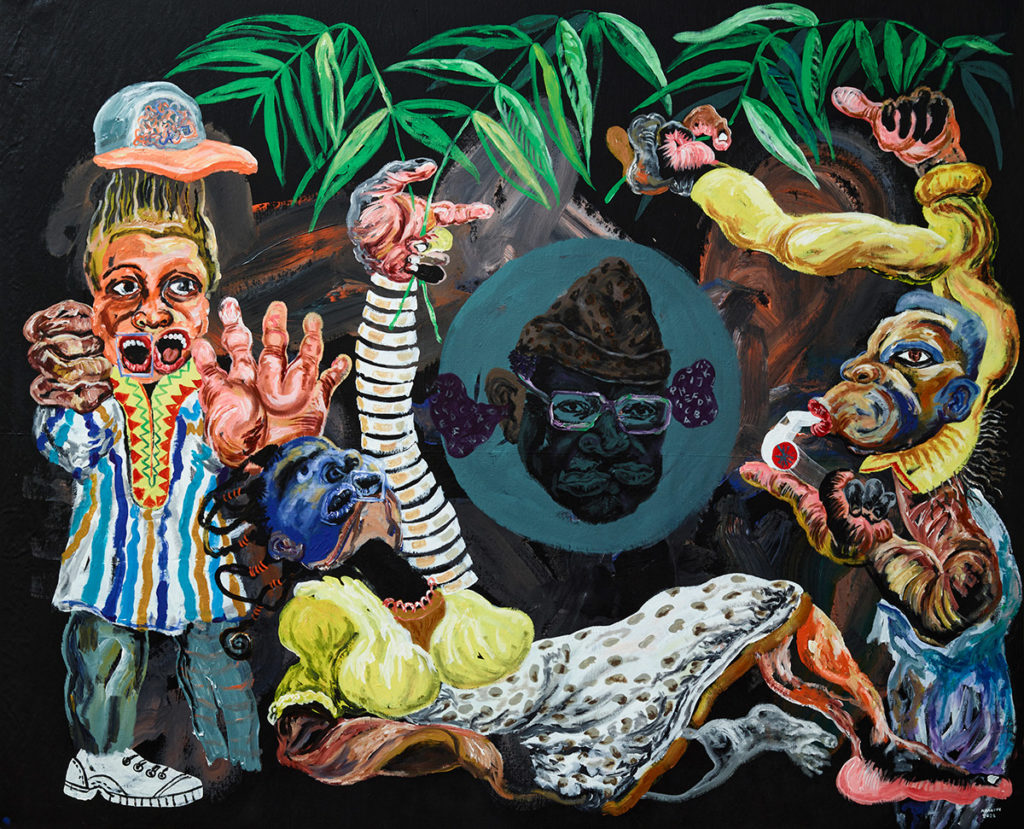
Neo, 2021
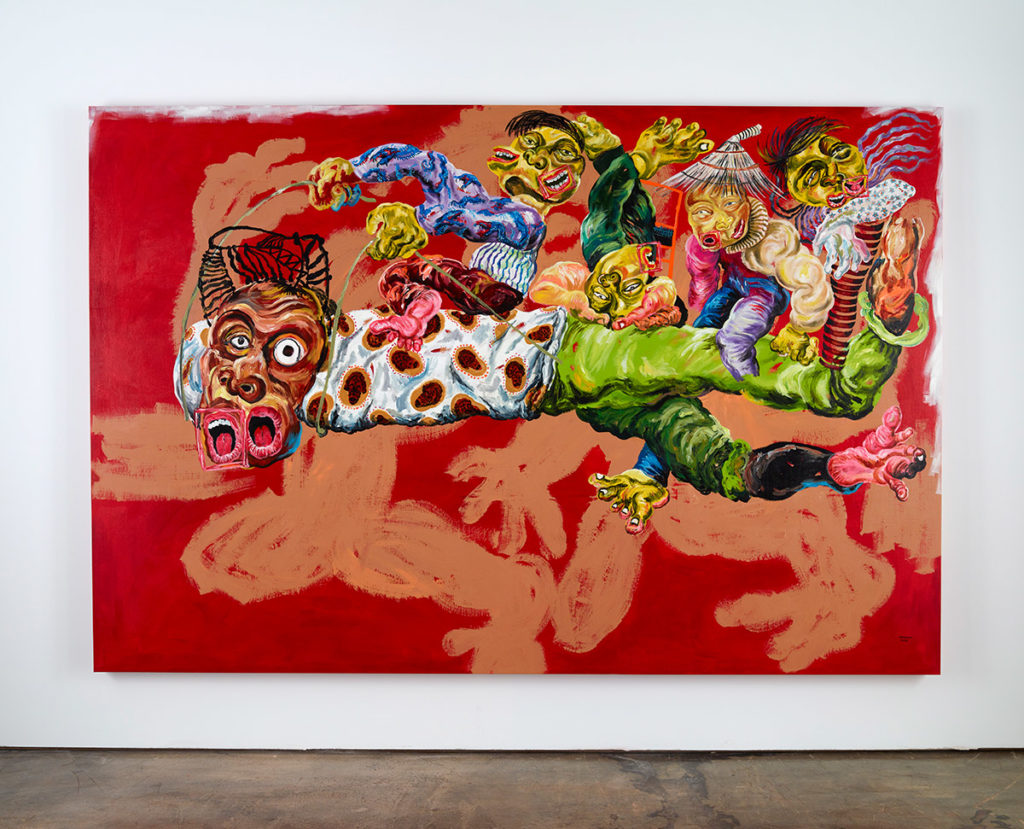
Untitled, Found not taken, Luanda-London-Newport, 2008-14
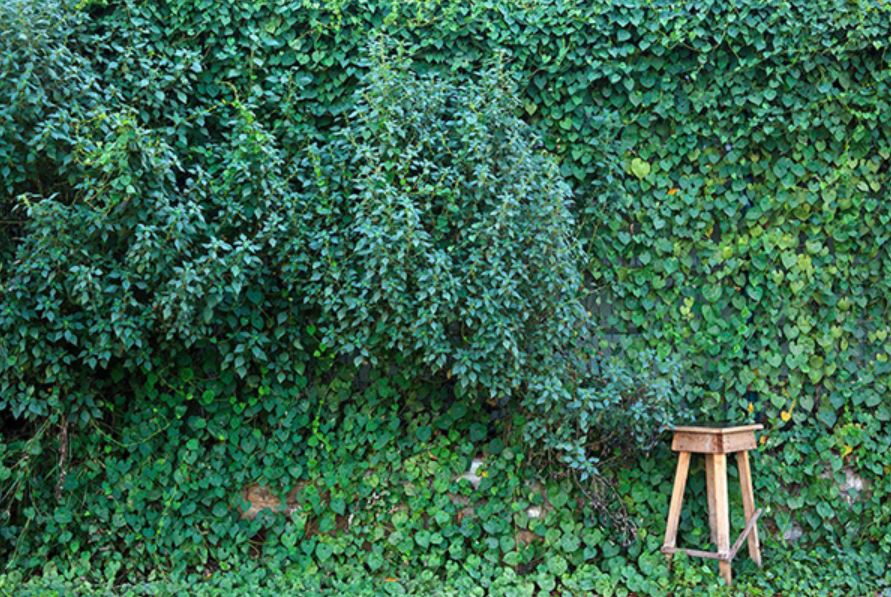
For Found Not Taken, Chagas walked through the streets of Luanda, London and Newport, collecting discarded objects and moving them, at times slightly and in other instances significantly, before photographing them. Taken out of their context and photographed in relation to a carefully chosen background, the mundane items are turned into abstract icons that animate the city. What might seem at first glance a symbol of a society characterized by waste and instant obsolescence is also a reflection on the fact that what is perceived as real is actually a construct. A selection from the series represented Angola at the 55th Venice Biennale, winning the Golden Lion for Best National Participation.
Untitled, Found not taken, Luanda-London-Newport, 2008-14
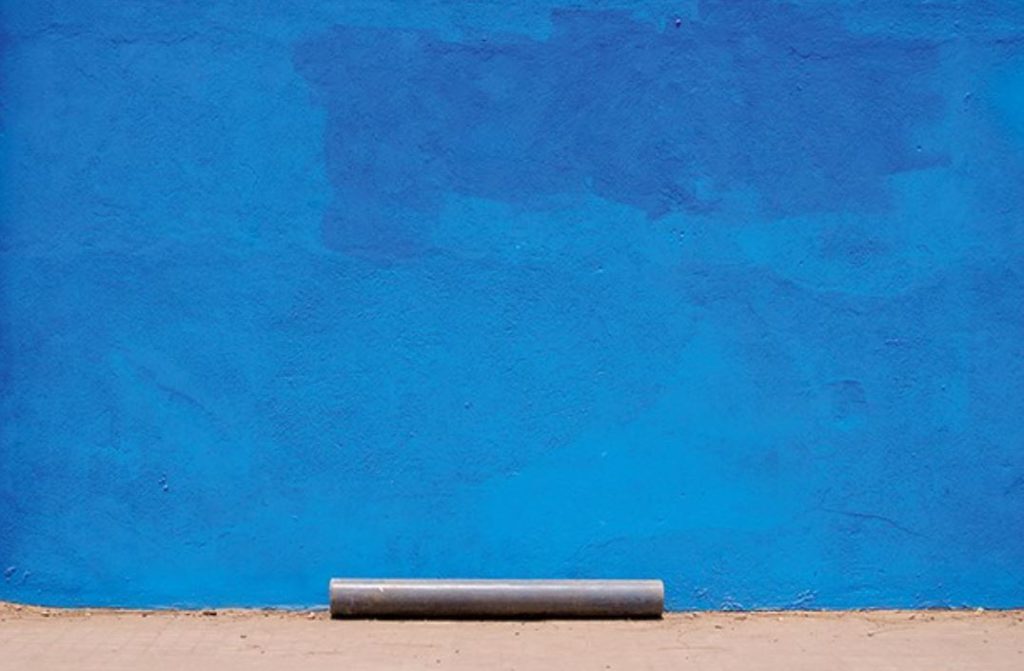
For Found Not Taken, Chagas walked through the streets of Luanda, London and Newport, collecting discarded objects and moving them, at times slightly and in other instances significantly, before photographing them. Taken out of their context and photographed in relation to a carefully chosen background, the mundane items are turned into abstract icons that animate the city. What might seem at first glance a symbol of a society characterized by waste and instant obsolescence is also a reflection on the fact that what is perceived as real is actually a construct. A selection from the series represented Angola at the 55th Venice Biennale, winning the Golden Lion for Best National Participation.
Oikonomos, 2018
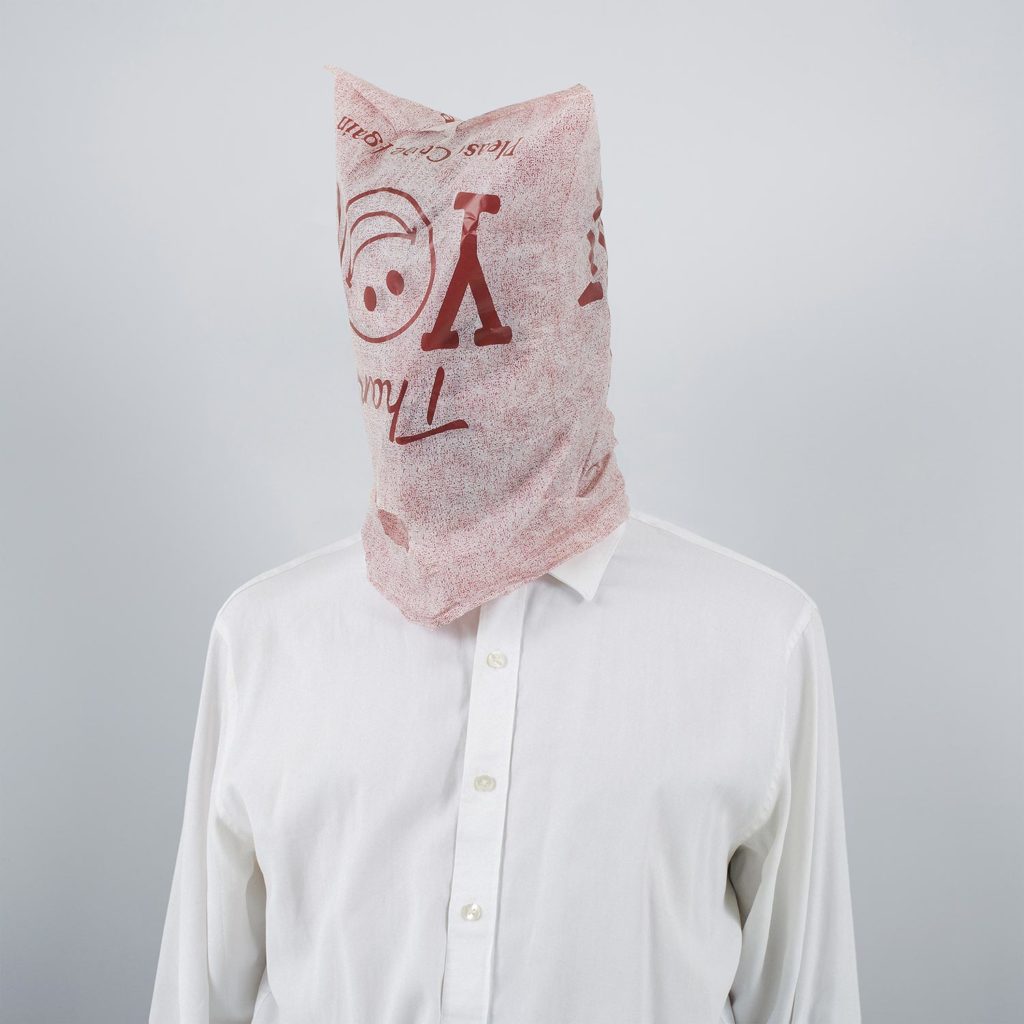
In Oikomonos (2011-2018) is more evident the exploration of portraiture – anonymous or fictional bodies and identities
move through this globalized world. The artist himself poses for the camera wearing a white shirt and the head covered
by shopping bags from different locations, directing the viewer's gaze towards the wording on the bags and what they
represent. Through a combination documentary precision with poetic imagination, Edson's images invite the viewer to
decelerate from the fast-paced daily routines of busy cities and to slowly engage with and reflect on complex issues such
as the effects of globalization, on consumerism, on themes of displacement and construction of identities in this fast-
changing world.
Fernão V. Poko, Tipo Passe, 2019
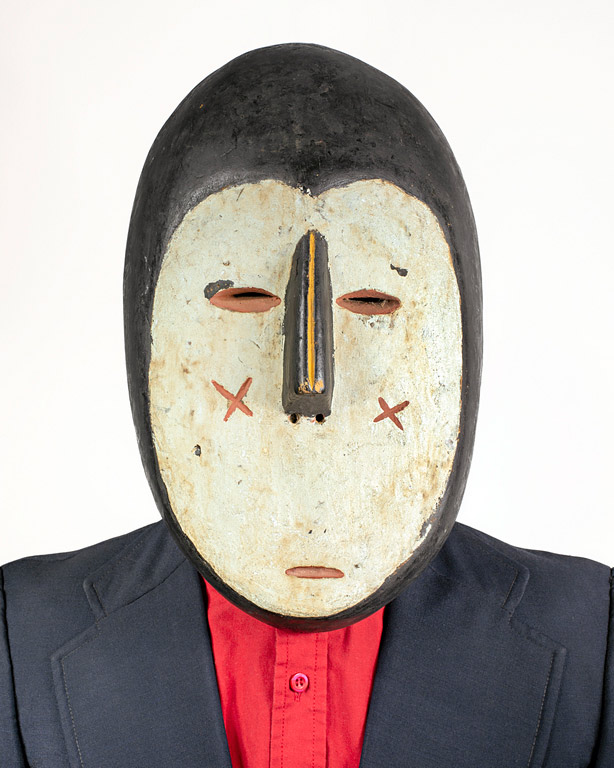
For his series “Tipo Passe“, Edson Chagas used a variety of traditional Bantu masks. In contrast to the usual museal-taxonomic staging as sculptural artefacts, Chagas had actual models wear the African masks, thus bringing them back to their original performative use in cultural-spiritual life.
The artist works with clear decontextualisations. Detached from their historical background and transferred to the present by people in modern dress, they collide with prevailing positioning strategies. Formally, the series “Tipo Passe” (passport) is specifically oriented towards the presentation of a neutral passport. In content, however, the individuality of the wearer of the mask is concealed. The mask becomes part of the identity to be questioned, linked to historical lineage and characterised by social attributions of a supposedly “typical African” stereotype.
Denis M. Mpongwé, Tipo Passe, 2019
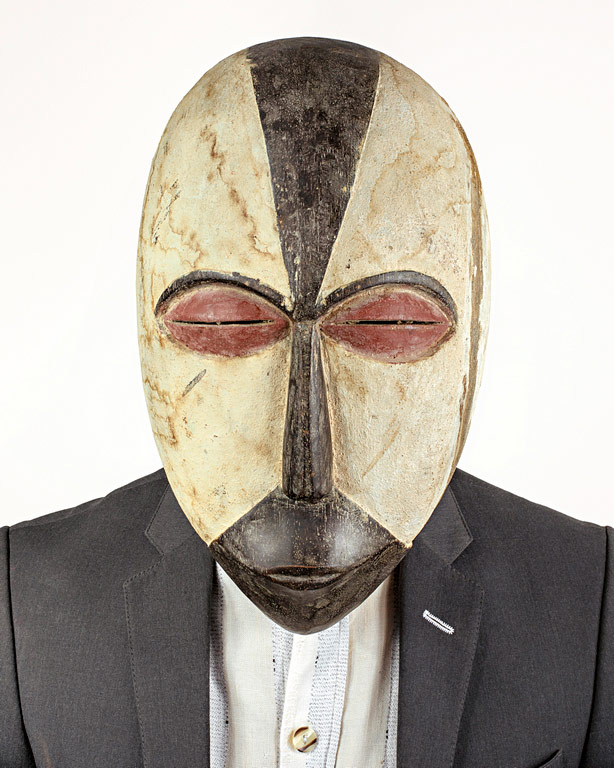
For his series “Tipo Passe“, Edson Chagas used a variety of traditional Bantu masks. In contrast to the usual museal-taxonomic staging as sculptural artefacts, Chagas had actual models wear the African masks, thus bringing them back to their original performative use in cultural-spiritual life.
The artist works with clear decontextualisations. Detached from their historical background and transferred to the present by people in modern dress, they collide with prevailing positioning strategies. Formally, the series “Tipo Passe” (passport) is specifically oriented towards the presentation of a neutral passport. In content, however, the individuality of the wearer of the mask is concealed. The mask becomes part of the identity to be questioned, linked to historical lineage and characterised by social attributions of a supposedly “typical African” stereotype.
Henrique C. Adesanya, Tipo Passe, 2019
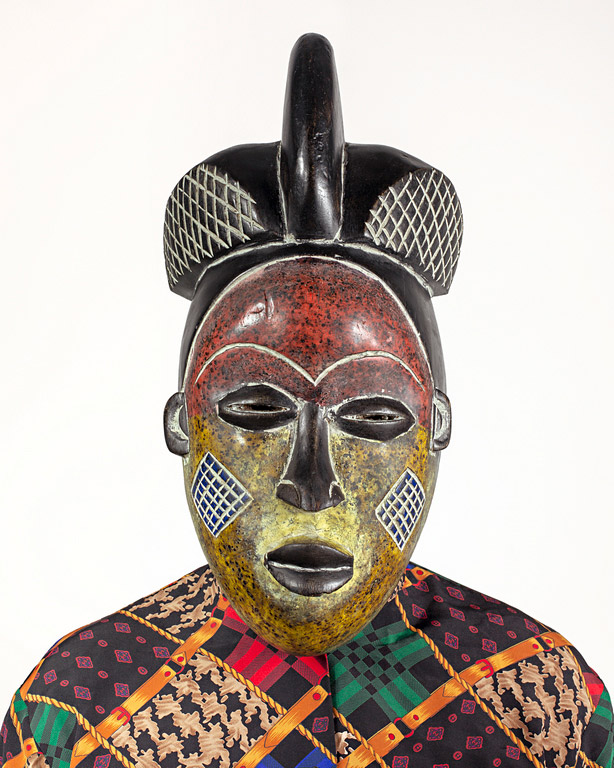
For his series “Tipo Passe“, Edson Chagas used a variety of traditional Bantu masks. In contrast to the usual museal-taxonomic staging as sculptural artefacts, Chagas had actual models wear the African masks, thus bringing them back to their original performative use in cultural-spiritual life.
The artist works with clear decontextualisations. Detached from their historical background and transferred to the present by people in modern dress, they collide with prevailing positioning strategies. Formally, the series “Tipo Passe” (passport) is specifically oriented towards the presentation of a neutral passport. In content, however, the individuality of the wearer of the mask is concealed. The mask becomes part of the identity to be questioned, linked to historical lineage and characterised by social attributions of a supposedly “typical African” stereotype.
Oikonomos, 2018
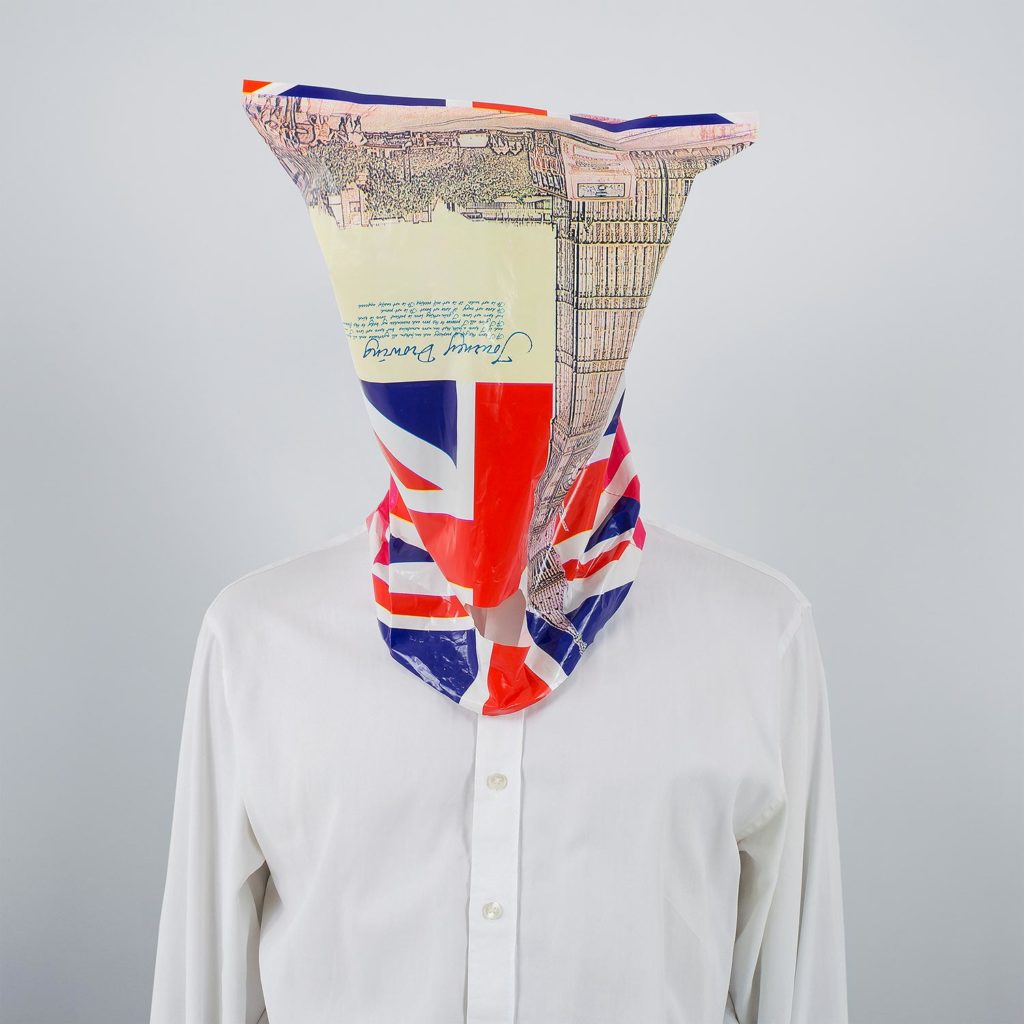
In Oikomonos (2011-2018) is more evident the exploration of portraiture – anonymous or fictional bodies and identities
move through this globalized world. The artist himself poses for the camera wearing a white shirt and the head covered
by shopping bags from different locations, directing the viewer's gaze towards the wording on the bags and what they
represent. Through a combination documentary precision with poetic imagination, Edson's images invite the viewer to
decelerate from the fast-paced daily routines of busy cities and to slowly engage with and reflect on complex issues such
as the effects of globalization, on consumerism, on themes of displacement and construction of identities in this fast-
changing world.
Untitled, Factory of disposable feelings, Luanda, Angola, 2017
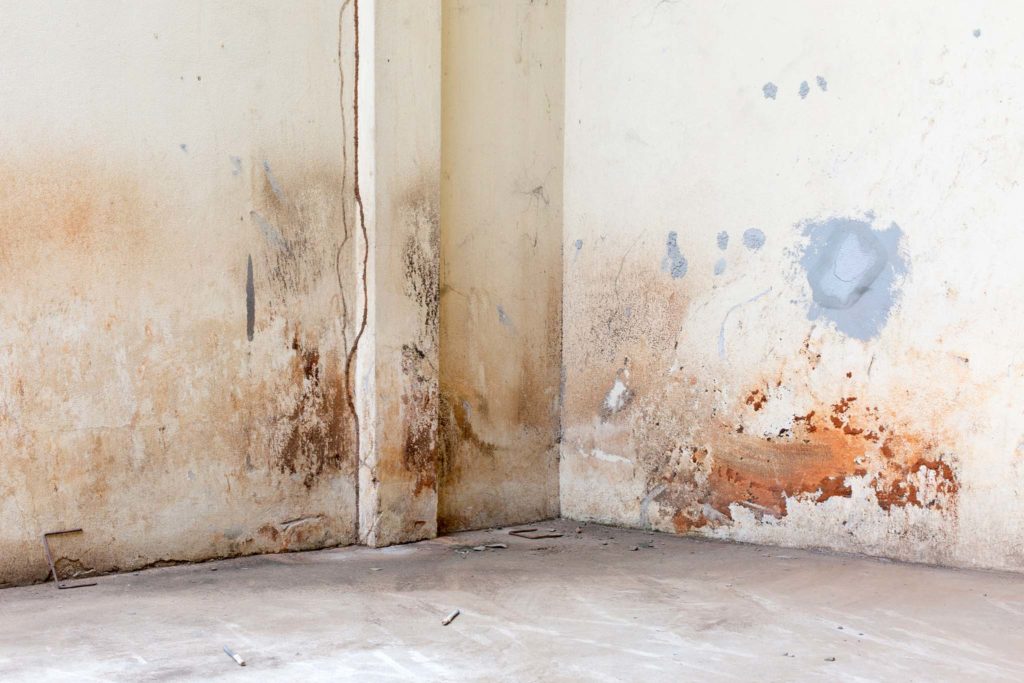
Factory of disposable feelings (2019) results from a long-term interaction with the specifics of place and context – a textile factory “Irmãos Carneiro”, located on the outskirts of Luanda – and suggest multiple ways to engage with history and over time. Again, debris and discarded objects take centre stage, referring to the past and to simultaneously embody the present and the uncertainty of the future.
